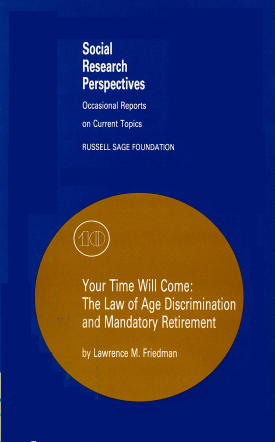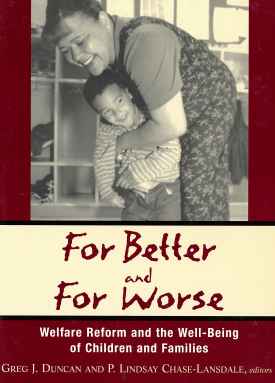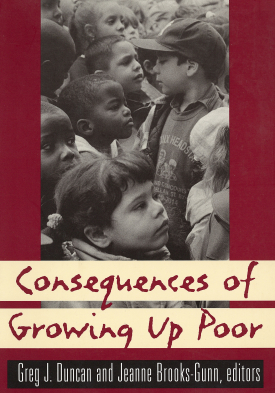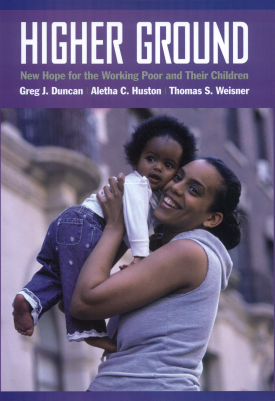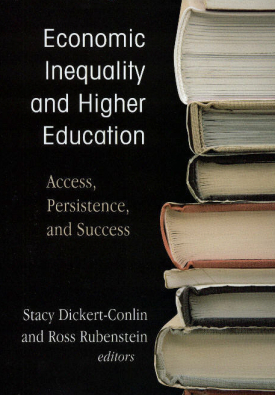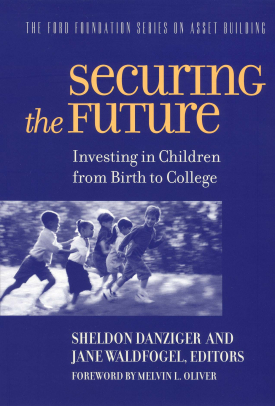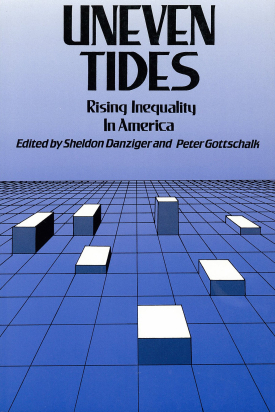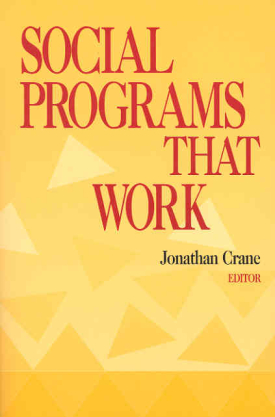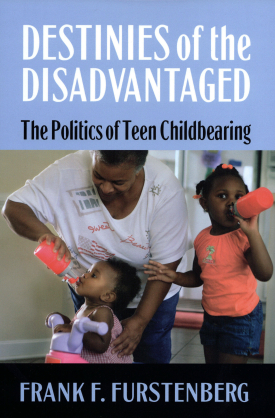
Destinies of the Disadvantaged
About This Book
Winner of the Society for Research on Adolesence Social Policy Award for Best Authored Book, 2006-2008
Teen childbearing has risen to frighteningly high levels over the last four decades, jeopardizing the life chances of young parents and their offspring alike, particularly among minority communities. Or at least, that’s what politicians on the right and left often tell us, and what the American public largely believes. But sociologist Frank Furstenberg argues that the conventional wisdom distorts reality. In Destinies of the Disadvantaged, Furstenberg traces the history of public concern over teen pregnancy, exploring why this topic has become so politically powerful, and so misunderstood.
Based on over forty years of Furstenberg’s research on teen childbearing, Destinies of the Disadvantaged relates how the issue emerged from obscurity to become one of the most heated social controversies in America. Both slipshod research by social scientists and opportunistic grandstanding by politicians have contributed to public misunderstanding of the issue. Although out-of-wedlock teen pregnancy rose notably between 1960 and 1990—a cause for concern given the burdens of single motherhood at a young age—this trend did not reflect a rise in the rate of overall teen pregnancies. In fact, teen pregnancy actually declined dramatically in the 1960s and 1970s. The number of unmarried teenage mothers rose after 1960, not because more young women became pregnant, but because those who did increasingly chose not to rush into marriage. Furstenberg shows how early social science research on this topic exaggerated the adverse consequences of early parenthood both for young parents and for their children. Researchers also inaccurately portrayed single teenage motherhood as a phenomenon concentrated among minorities. Both of these misapprehensions skewed subsequent political debates. The issue became a public obsession and remained so during the 1990s, even as rates of out-of-wedlock teen childbearing plummeted. Addressing teen pregnancy was originally a liberal cause, led by advocates of family planning services, legalized abortion, and social welfare programs for single mothers. The issue was later adopted by conservatives, who argued that those liberal remedies were encouraging teen parenthood. According to Furstenberg, the flexible political usefulness of the issue explains its hold on political discourse.
The politics of teen parenthood is a fascinating case study in the abuse of social science for political ends. In Destinies of the Disadvantaged, Furstenberg brings that tale to life with the perspective of a historian and the insight of an insider, and provides the straight facts needed to craft effective policies to address teen pregnancy.
FRANK F. FURSTENBERG is the Zellerbach Family Professor of Sociology and a research associate in the Population Studies Center at the University of Pennsylvania, and chair of the MacArthur Foundation Research Network on Transitions to Adulthood.

